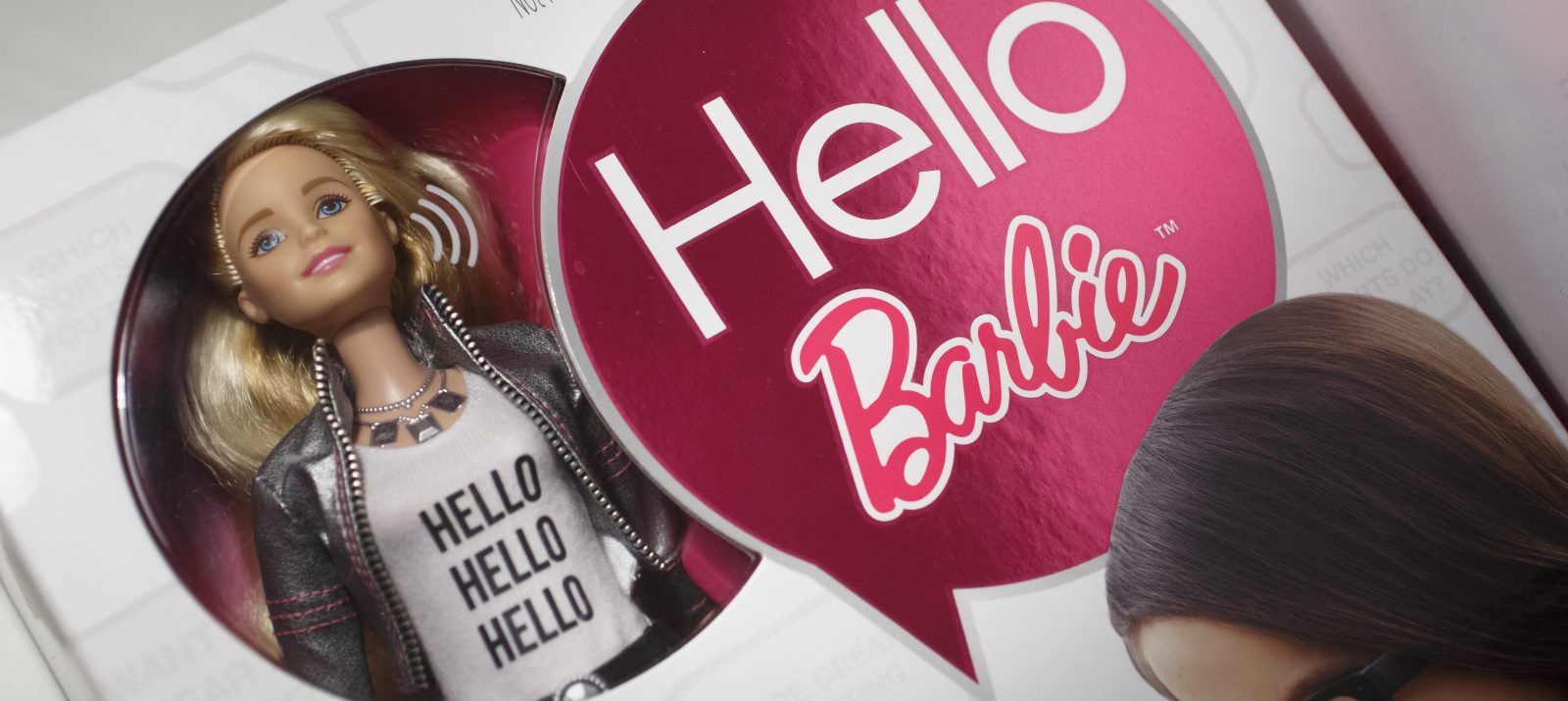
Teddy bears and dolls have always been popular playmates for children. In the meantime, they have undergone a technological revolution and have also become so-called smart toys. These intelligent toys can actively interact with children, entertain themselves or even learn. We explain what exactly is behind smart toys in children’s rooms.
Smart toys are toys with technological enhancements that respond to commands and offer interactive functions. Interaction can take place via sensors, cameras or microphones that enable the toy to detect its surroundings. Artificial intelligence is also often used. There are non-networked smart toys that work offline and networked versions that use an internet or Bluetooth connection and are often controlled via an app. In some cases, they may also contain GPS, which makes it possible to track location data. Some intelligent toys can adapt to children’s needs and learning progress.
Various toys can be grouped under the collective term smart toys, including books with an accompanying app, teddy bears with voice output and, in some cases, a recording function, and even programmable robots:
The Dash robot is an educational robot for children aged 6 to 11. It can dance, move around the nursery, react to clapping or voices and even play the xylophone. It is controlled via various apps and does not require a permanent internet connection.
Miko 3 is an AI-controlled robot for 5 to 12-year-olds that offers playful learning, dance parties and educational activities. It has a microphone, loudspeaker, camera and Wi-Fi, and interacts with the children via AI. An app for parents makes it possible to monitor screen time and video calls.
The toy manufacturer Curio offers AI-controlled soft toys for three to twelve-year-olds that interact with children via an AI voice. Children can ask questions, wish for music and the soft toy tells stories or provides explanations for natural phenomena. The calls are forwarded to the AI and stored temporarily. Parents can view the conversations. These plush toys are not available in Germany or are “only” sold in the USA.
Data protection is one of the key concerns, as smart toys are often networked via WLAN and can collect and store personal information. There have already been several security incidents in the past in which hackers have gained access to collected data. Neighbors can also easily connect to some toys via Wi-Fi or Bluetooth. This allows strangers to communicate with your child, ask them questions or even threaten them, for example through a text that a puppet reads out after you have typed it in, or through voice messages. My friend Cayla was banned in Germany for this reason.
It is particularly problematic that some smart toys record conversations and store this data on external servers without clear information about usage. This information can fall into the wrong hands and violate children’s privacy. In Germany, radio-controlled toys suitable for secretly recording images or sound are prohibited, as in the case of the Cayla doll. Constant control and supervision by a toy on the part of the parents also goes beyond the duty of supervision. Sharing such secret recordings via social networks such as WhatsApp & Co. without involving the child also violates the child’s personal rights.
Make sure you are well informed before buying a smart toy. Research the manufacturer’s website and independent consumer test reports. Pay particular attention to the data protection regulations, whether data is forwarded or processed within the toy.
Keep the entry of your child’s personal data to a minimum. And always switch the toy off when your child is not playing with it. Deactivate all connections such as WLAN, Bluetooth and any microphones or cameras if they are not absolutely necessary for the toy to function.
Find out from the Federal Network Agency, which regularly inspects objects that can be used for hidden spying. Keep an eye on your responsibilities. Ultimately, your parental role remains irreplaceable, and a teddy bear, however intelligent it may be, can never take the place of parents or real friends.